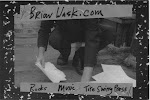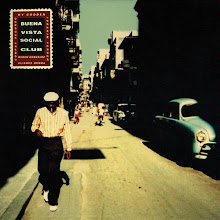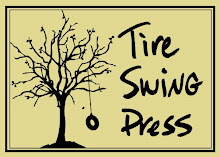
101st Airborne Division Richard A. Luttrell writes, Vietnam War:
Dear Sir,
For [twenty two] years I have carried your picture in my wallet. I was only eighteen years old that day we faced one another on that trail in Vietnam. Why you did not take my life I'll never know. You stared at me for so long armed with your AK-47 and yet you did not fire. Forgive me for taking your life, I was reacting just the way I was trained, to kill V. C. or gooks, hell you weren't even considered human. Over the years I have stared at your picture and your daughter, I expect. Each time my heart and guts would burn with the pain of guilt. I have two daughters myself now.
Today I visit the Vietnam Veterans Memorial in D.C. I have wanted to come here for several years now to say goodbye to many of my former comrades. I truly loved many of them as I am sure you loved many of your former comrades. As of today we are no longer enemies. I perceive you as a brave soldier defending his homeland.
As I leave here today I leave your picture and this letter. Forgive me Sir, I shall try to live my life to the fullest, an opportunity that you and many others were denied.
So until we chance to meet again in another time and place, rest in peace.
Respectfully,
Richard A. Luttrell
101st Airborne Division
(Luttrell, in 1981, left this letter along with the photograph at the Vietnam War Memorial in Washington DC.)
Rupert Trimmingham, WWII:
April, 1944
Dear YANK Magazine:
Myself and eight other Negro soldiers were on our way from Camp Claiborne, LA., to Fort Huachuca, Arizona. We had to lay over until the next day for our train. We could not purchase a cup of coffee at any of the lunchrooms around there. The only place where we could be served was at the railroad station but, of course, we had to go into the kitchen. As you know, Old Man Jim Crow rules.
But that's not all; 11:30 a.m. about two dozen German prisoners of war, with two American guards, came into the station. They sat at the tables, had their meals served, talked, smoked, in fact had quite a swell time.
I stood on the outside looking on, and I could not help but ask myself these questions: are we not American soldiers, sworn to fight for and die if need be for this our country? Then why are they treated better than we are? Why does the Government allow such things to go on? Some of the boys are saying that you will not print this letter. I'm saying that you will.
Cpl. Rupert Trimmingham,
(The letter was printed in Yank, The Army Weekly, a magazine published by the U.S. Military during WWII.)
19-year-old Artillery Gunner, Leon responds to his fiancée, Korean War:
Dear Babe,
I just received your letter in this morning's mail. I held it in my hand for a minute while a little voice in the back of my head whispered, "This is it. This is the one."
You tried to "let me down easy."
I never said I was the greatest guy on earth; you did. Anyway, he's there. I'm here.
"Be careful," you tell me. "Take care." I almost laughed out loud. We wouldn't want to see me hurt, would we? There's no need to worry about me. I'll be all right.... Do I say something brilliant like "may all your troubles be little ones"?
How about "If you ever need a friend"? That presumes a future.
There are 500,000 N. Koreans and Chinese on the other side of that hill bound and determined to make sure I don't have a future. Over here where your past is your last breath, your present is this breath, and your future is your next breath, you don't make too many promises. Which leaves me what?
Goodbye,
Leon
(Two days later, Leon charged an enemy machine gun nest and was killed.)
P. Burns writes to Ann Maceubbin, Civil War:
Nashville, June 10, 1861
Ann,
It makes my heart sick to think of the state of our once happy and yet beloved country . . . to see two brave armies armed with all the deadly instruments that art and wealth could procure and to think that when they meet in the bloody battlefields what destruction and misery they can produce.
What is most horrid of all in this contest is that brother will meet brother and father will meet son in the strife. No matter what side I might take, might bring me in contact with a cousin or uncle, & god forbid that I should ever be found in arms against either.
Ann, I will be in your town by the 27th, but should I not be prompt do not despair for these are squirrelly times.
Your friend, P. Burns







No comments:
Post a Comment